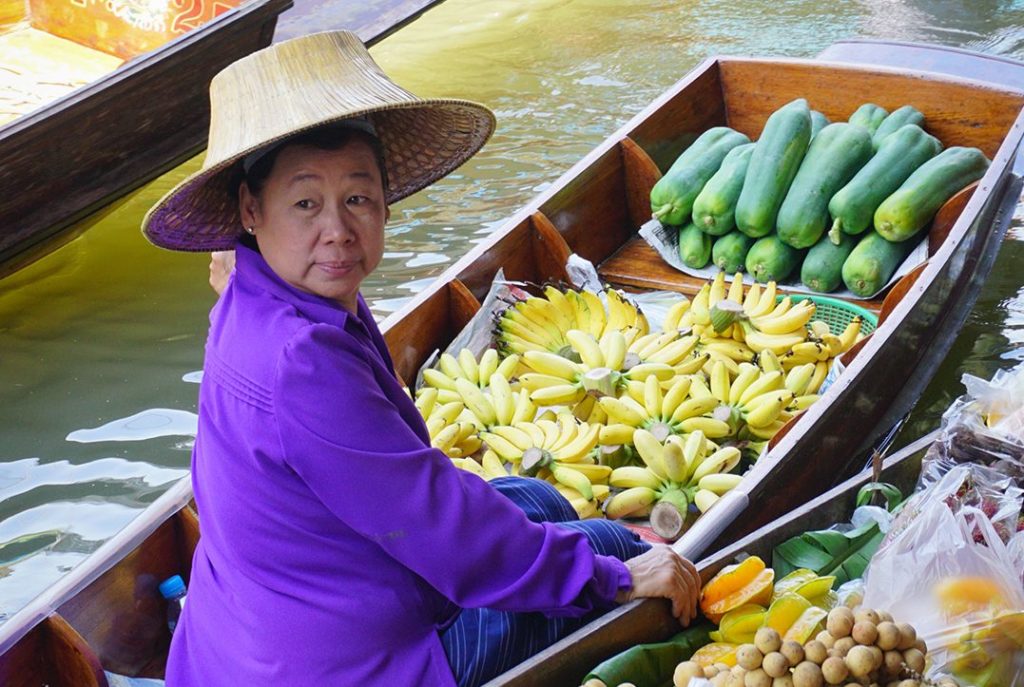PERSPECTIVES
Water, malnutrition, poverty, climate change and demography are the big five challenges that jeopardize pledges for progress.

Water-related risks and widespread malnutrition are alarming, and they are expected to affect half of the global population by 2050. Global warming and demographic factors, among others, hamper opportunities for progress. In this policy brief, we explore how food security and nutrition can be improved through a novel approach for synergy: a timely coordination of expertise to intensify sustainable food production, focusing on farmers’ livelihoods and nutrition as well as water, sanitation, and hygiene.
Coordinate and combine efforts in rainfed agriculture with the addition of supplementary water, high quality seeds and fertilizers. This would ensure a high marginal productivity, stimulate an increase in the cultivation of high value and nutritious crops, reduce the risk of further encroachment of agriculture into other ecosystems, and reduce dependence on imports.
This policy brief has been authored by Jan Lundqvist, senior scientific advisor at SIWI. It draws on: Lundqvist, J., Malmquist, L., Dias, P., Barron, J. and Wakeyo, M. 2021. Water productivity, the yield gap, and nutrition – The case of Ethiopia. Land and Water Discussion Paper 17. FAO, Rome
Linnégatan 87A
Box 101 87
100 55 Stockholm, Sweden
+46 8 121 360 00
siwi@siwi.org
We usecookies on our websiteto make your experience better. Yourpersonal data is safeand we do not sell it to anyone.
The website is running without cookies, some features will not work.